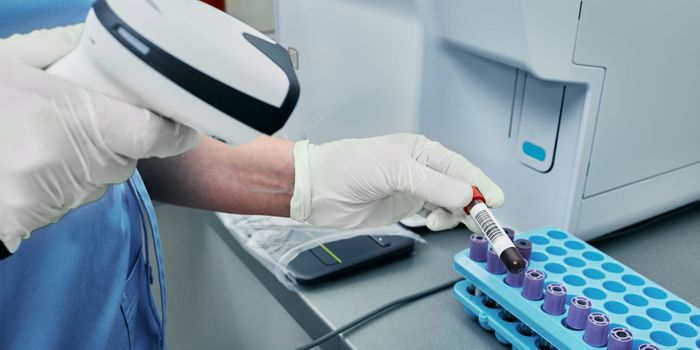Lab-Induced Hallucinations Could Help Develop New Drugs
Researchers from the University of New South Wales in Australia have found that inducing hallucinations in healthy subjects may be a more effective way to study certain neurological conditions than by studying those with pathological hallucinations.
"By nature, [lab-induced hallucinations] can be induced in almost anyone at any time," write the neuroscientists behind the opinion piece published in Philosophical Transactions B. "This can help to curb the current overreliance on studying pathological hallucinations, thereby reducing burdens placed on patients and simplifying recruitment and testing logistics."
In a broad sense, hallucinations are experiences of seeing something that is not really there. Simple hallucinations include seeing basic geometric shapes or colors, while complex hallucinations involve seeing complex, lifelike scenes, including people, animals, and places. Both can be triggered in a lab setting.
In their lab, the researchers found that they could use flickering lights in the shape of a doughnut against a black background to induce hallucinations of small dark blobs rotating around the ring. They also found that more complex hallucinations can be induced by more complex techniques that could be useful analogies for studying pathological hallucinations due to their similarity in both experience and underlying neural processes.
To identify techniques that can offer information about pathological hallucinations, the researchers use a continuous spectrum of experiences. This spectrum ranges from those that are considered 'veridical perception' (where what is present in reality is similar to what one sees) to hallucination (when there is a weak relationship between what is present in reality and what one sees). Illusions fall somewhere in between.
The researchers say that once they're able to understand the underlying neural mechanisms behind different varieties of hallucinations, they will be able to develop better treatments for them. Lab-induced hallucination models, they say, offer a promising avenue towards this.
Sources: Neuroscience News, The Royal Society









